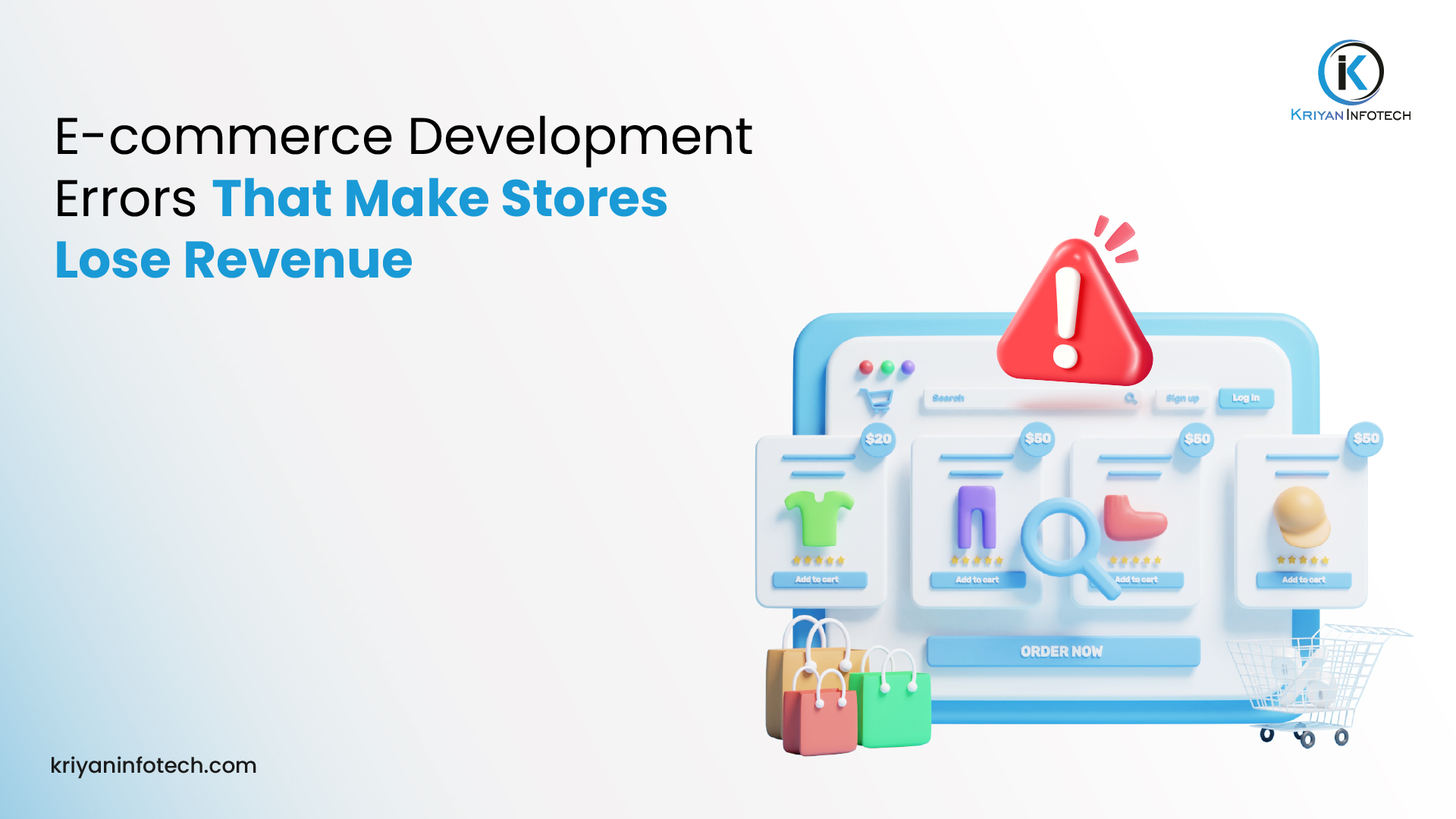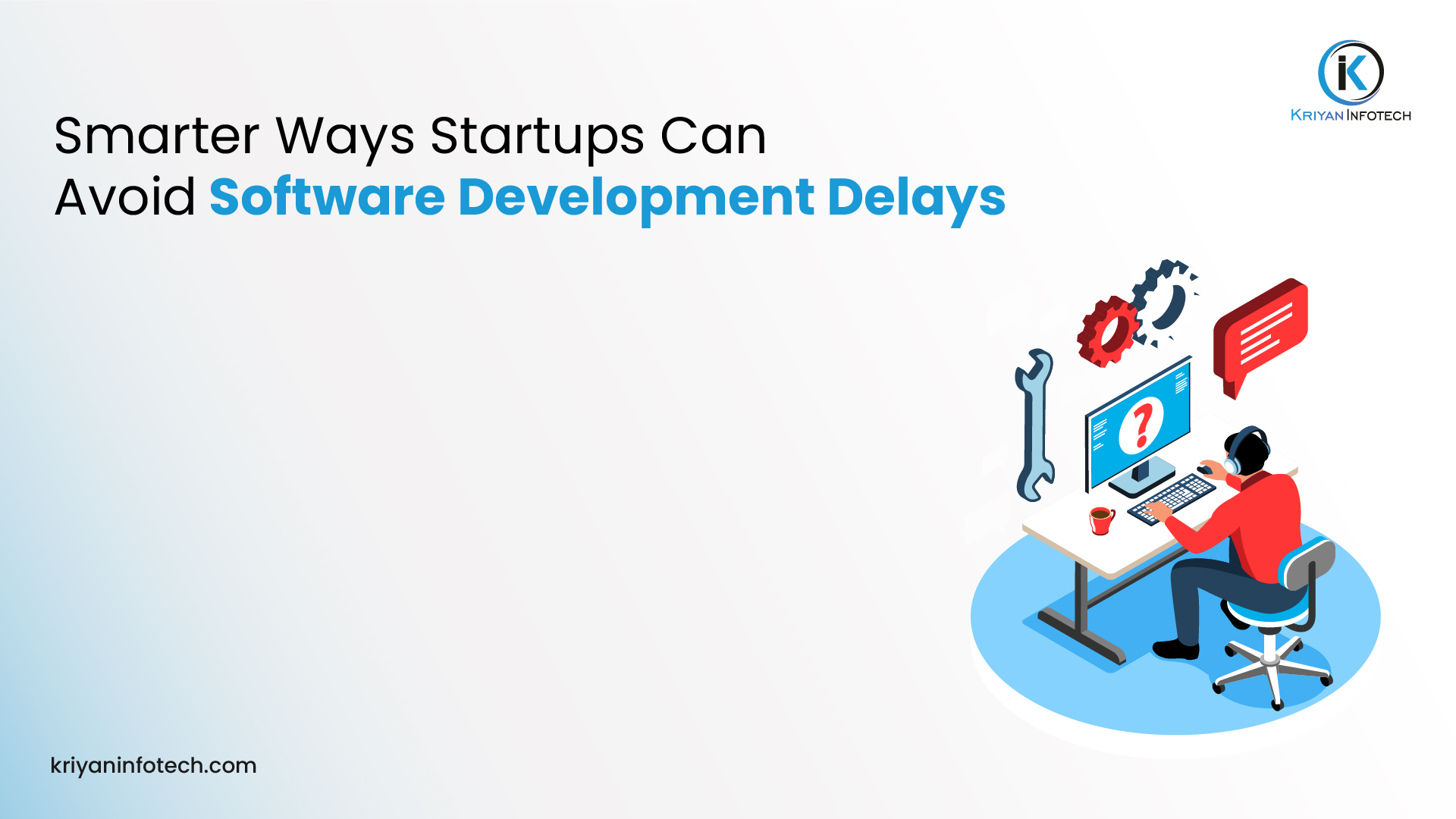
From Code to Production: Mastering Software Delivery with DevOps
- 1. Introduction
- 2. Key Components of DevOps in Software Development
- 3. Best Practices for DevOps Implementation
- 4. The Role of DevOps in Accelerating Software Delivery
- 5. DevOps Tools and Technologies
- 6. Challenges in Implementing DevOps
- 7. Custom DevOps Solutions for USA and India Markets
- 8. The Future of DevOps in Software Development
- 9. Conclusion
Introduction: DevOps – The Secret to Lightning-Fast Software Delivery
In the fast-paced world of software development, speed without compromising quality is the name of the game. As businesses compete to bring innovative solutions to market faster, they face challenges balancing quick delivery with operational efficiency. This is where DevOps in software development steps in—bridging the gap between development and operations to streamline workflows, enhance collaboration, and enable rapid delivery cycles.
Imagine developers and IT teams working hand-in-hand, powered by automation and agile principles, driving continuous innovation from code to deployment. This synergy is what defines DevOps, making it essential for businesses seeking a competitive edge. Whether you’re a startup aiming for quick releases or a large enterprise optimizing operations, custom DevOps solutions offer the answer.
Key Components of DevOps in Software Development
1. Collaboration and Communication: DevOps breaks down silos between development and operations teams, encouraging open communication and shared responsibilities.
2. Continuous Integration and Delivery (CI/CD): With CI/CD pipelines, code changes are frequently integrated, tested, and deployed to production, ensuring faster, reliable releases.
3. Automation: From testing to deployment, DevOps automation tools minimize human errors, save time, and improve overall efficiency.
4. Monitoring and Feedback Loops: Real-time monitoring tools provide valuable insights to optimize future releases and quickly address issues.
5. Agile and DevOps Integration: Agile principles work with DevOps, allowing iterative development and continuous improvements.
Best Practices for DevOps Implementation

1. Start with a Clear Strategy: Before diving into tools, define your DevOps implementation strategy—identify goals, resources, and timelines.
2. Establish a CI/CD Pipeline: Automating the software development pipeline using CI/CD ensures smooth, consistent delivery.
3. Use the Right Tools: Adopt top DevOps tools like Jenkins, Docker, Kubernetes, and Ansible to automate and manage processes efficiently.
4. Emphasize Continuous Testing: Implement automated testing to detect bugs early and prevent delays.
5. Create a Collaborative Culture: Foster communication between development and operations teams with regular meetings and shared goals.
6. Monitor and Measure: Use metrics to track the efficiency of DevOps practices and identify areas for improvement.
The Role of DevOps in Accelerating Software Delivery
DevOps isn’t just about faster coding; it transforms the entire software delivery process, ensuring smooth collaboration, minimal downtime, and enhanced quality. DevOps for faster software delivery leverages automation, CI/CD pipelines, and agile integration to reduce lead times and deliver continuous value to customers.
By streamlining processes, companies can release updates and new features faster, reducing time-to-market. For startups, this ability to pivot and release quickly can be a game-changer, while enterprises benefit from improved scalability and operational efficiency.
DevOps Tools and Technologies
Here are some top DevOps tools that play a critical role in software delivery:
1. Jenkins: A popular CI/CD tool for continuous integration
2. Docker: Helps create and deploy lightweight containers for seamless app delivery.
3. Kubernetes: Orchestrates containerized applications, ensuring high availability.
4. Ansible: Automates IT infrastructure and software provisioning.
5. GitHub Actions: Streamlines workflows directly from code repositories.
Challenges in Implementing DevOps
1. Cultural Resistance: Transitioning to a DevOps model requires changing existing mindsets and workflows, which can face resistance.
2. Tool Overload: Choosing and managing the right tools without overwhelming teams is a challenge.
3. Security Concerns: Balancing speed with security can be tricky, especially with rapid releases.
4. Scaling Issues: Implementing DevOps at scale demands robust infrastructure and monitoring systems.
Custom DevOps Solutions for USA and India Markets
The demand for DevOps services USA and DevOps in India is on the rise, as companies in both regions focus on optimizing their software delivery processes. In the USA, enterprises emphasize scalability and security, while Indian startups seek DevOps for faster software delivery with minimal operational costs.
Custom solutions that align with regional market needs can help businesses thrive. For example, Cloud DevOps solutions offer flexibility to enterprises managing large workloads, while DevOps for startups enables agile operations and rapid growth.
The Future of DevOps in Software Development
The future of DevOps is promising, with trends like AI-powered DevOps, enhanced automation, and tighter integration with cloud platforms gaining traction. Software development pipeline optimization will become increasingly data-driven, with predictive analytics enabling proactive management. As more organizations adopt DevOps, we’ll see greater emphasis on DevOps implementation strategies that cater to specific industries and business models.
DevOps will also play a pivotal role in driving digital transformation across sectors, making it a must-have practice for businesses striving to stay ahead.
Conclusion
DevOps isn’t just a trend—it’s a necessity in today’s competitive tech landscape. From streamlining software delivery to enhancing team collaboration and optimizing pipelines, the benefits of DevOps are undeniable. By adopting DevOps best practices and leveraging custom DevOps solutions, businesses can accelerate releases, improve quality, and stay agile in a rapidly evolving market.
Whether you’re in the USA or India, integrating DevOps into your operations ensures that your software development process is future-ready. The right blend of top DevOps tools, automation, and collaboration will empower your team to deliver faster, better, and smarter.
Ready to take your software delivery to the next level? Embrace the power of DevOps with expert solutions tailored for your business. Whether you’re a startup or an enterprise, our custom DevOps solutions will help you accelerate releases, optimize workflows, and ensure continuous value delivery. Contact us today to learn how we can transform your operations with DevOps services USA and cloud-based solutions for modern software development!
E-commerce Development Errors That Make Stores Lose Revenue
Introduction Running traffic to your online store is...
Smarter Ways Startups Can Avoid Software Development Delays
Introduction For startups, time isn’t just money; it’s...
How Bad UI Can Impact User Experience and Conversions
Introduction You can spend thousands on ads, SEO,...



